 Florida Healthcare Law Firm is offering advisement by way of webinars to dentists and dental professionals during the Covid-19 pandemic. The firm, which offers legal assistance to medical professionals and businesses, is working in the dental law field and assisting professionals who are currently not working due to the coronavirus so that they can continue to provide assistance to their patients. With education top of mind for the firm, the telehealth and teledentistry campaign is to inform dental professionals on how to directly stay in contact with patients and offer services via audiovisual telecommunications.
Florida Healthcare Law Firm is offering advisement by way of webinars to dentists and dental professionals during the Covid-19 pandemic. The firm, which offers legal assistance to medical professionals and businesses, is working in the dental law field and assisting professionals who are currently not working due to the coronavirus so that they can continue to provide assistance to their patients. With education top of mind for the firm, the telehealth and teledentistry campaign is to inform dental professionals on how to directly stay in contact with patients and offer services via audiovisual telecommunications.
“The coronavirus has hit our country hard and most small businesses. Dentistry is at the top of the list and even though dental law is one of our top fields, we wanted to make sure that we adapted to the times and offered a reliable service to our clients and those in the field impacted by this pandemic. Technology allows doctors to connect with patients from anywhere in the world and knowing that you can reach a medical professional who you’ve trusted for years is important, especially right now.” Florida Healthcare Law Firm Representative. “Although dental services have been deemed “non-essential business,” we know how important dental health is. Patients will still have dental questions or concerns during the office shut-downs.”
Because telemedicine is not a service usually offered by dentist offices, many doctors and business owners are finding it difficult to adjust and offer remote service. The law firm has stepped in and is offering free information webinars and other forms of digital content which can provide clarity and guidance for these small businesses so that they can stay open and provide care for their patients. With a limitation elective services, as well as many in the public not wanting to leave their homes right now, telehealth provides a bridge where patients can still get reliable care and advisement from someone they trust.Continue reading


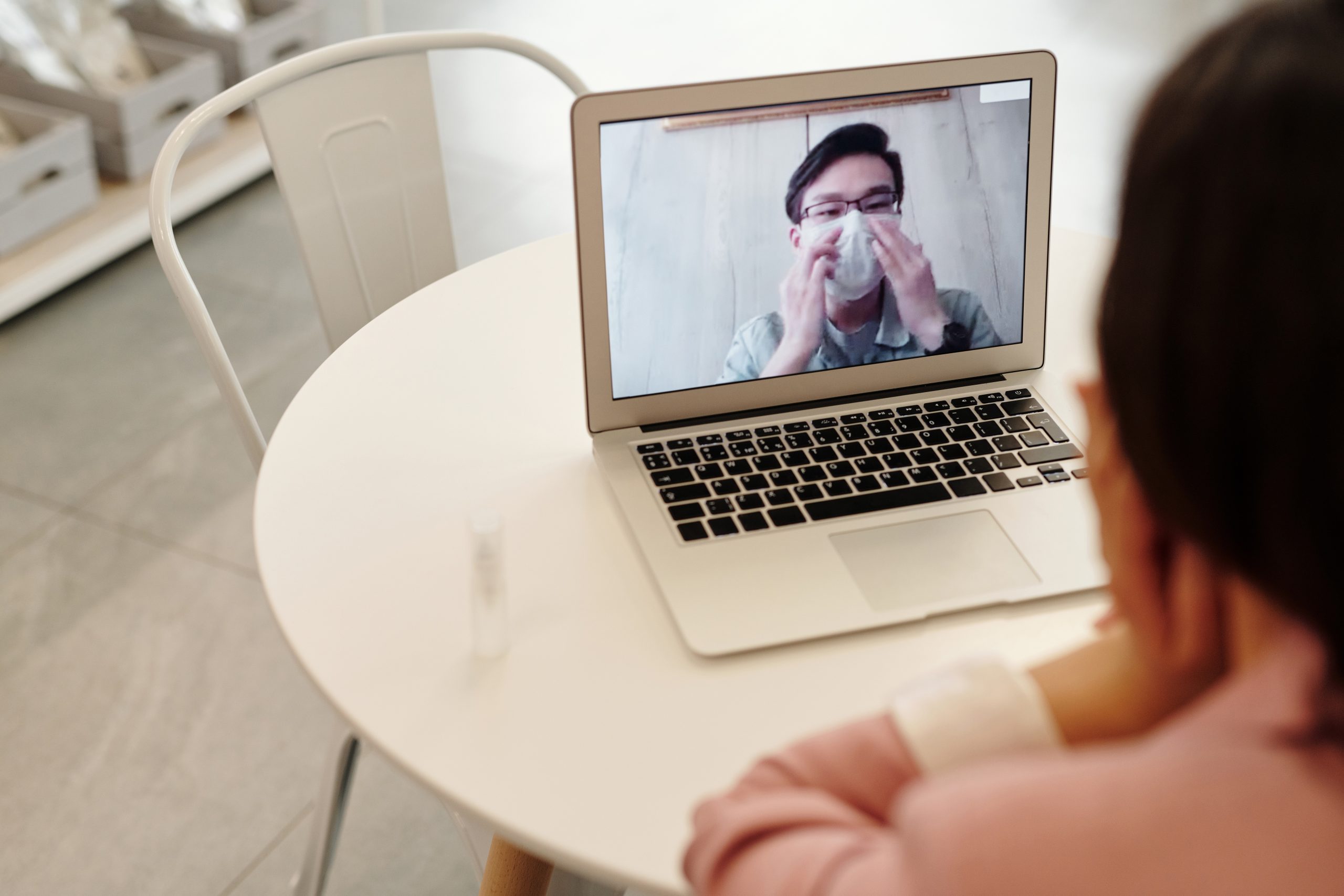
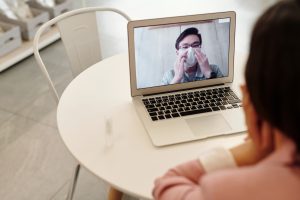 By:
By: 
 By:
By: 

 By:
By: 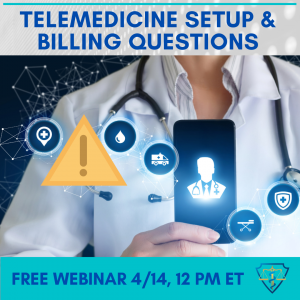 Just the other day CMS issued new rules and temporary waivers to help combat the COVID pandemic. We are getting flooded with questions about
Just the other day CMS issued new rules and temporary waivers to help combat the COVID pandemic. We are getting flooded with questions about 
 By:
By: 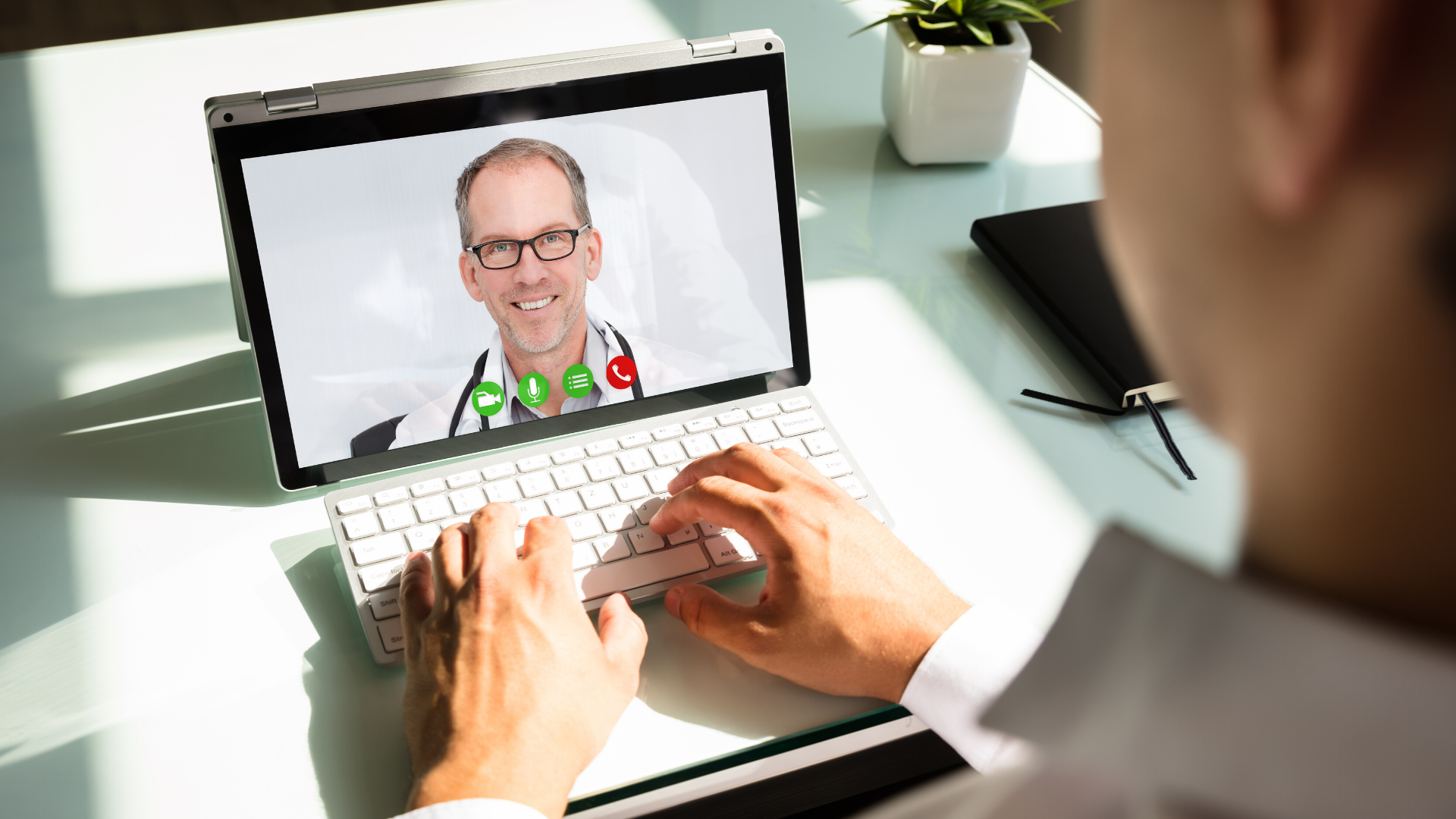
 By:
By: 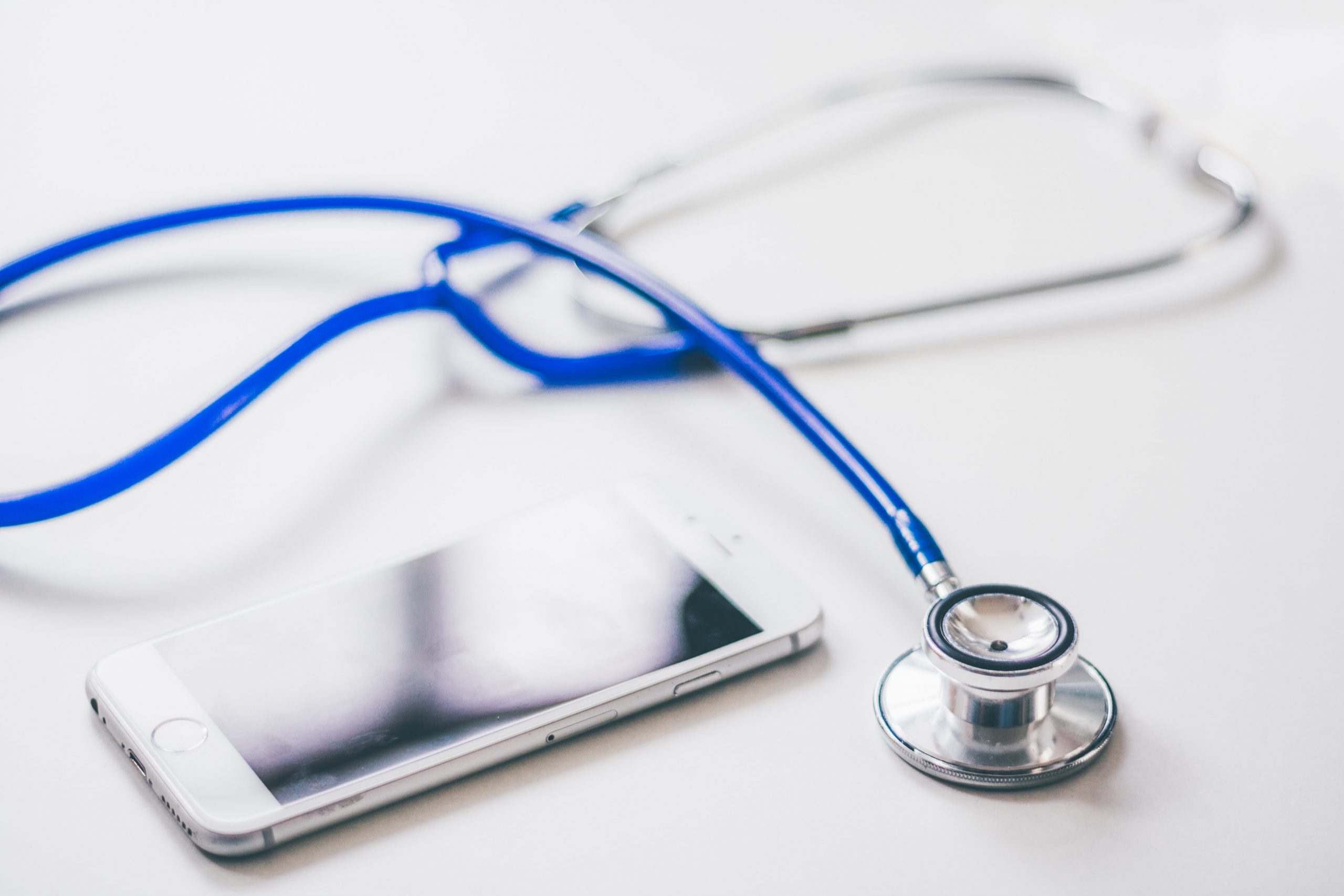
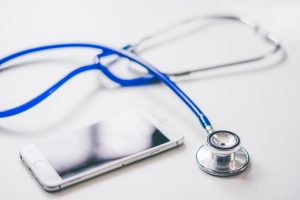 By:
By: 
 By:
By: